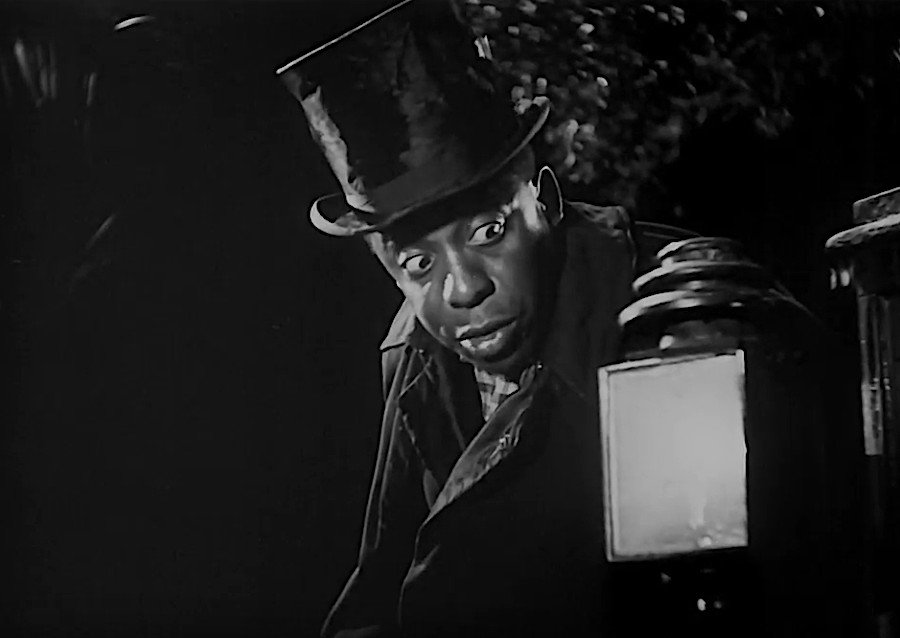What is a Stereotype? An Actor Comments…
At the age of 79, looking back at his distinguished acting career, Clarence Muse wrote a letter to fellow board member of the Actor’s Guild Eugene Francis. What follows are excerpts from that letter.
…”You spoke of stereotype in our conversation, and I have always questioned this epithet. A shoe shine boy who has made use of his talent in his spare time to create a great patent, paint a magnificent portrait, or has risen to great national and international heights should not be called a stereotype. He is only a stereotype if he remains forever a shoe shine boy and is portrayed only shining shoes with no other contribution to humanity.
…”Critics were correct in calling many characterizations of the past ‘stereotypes’ because that’s all they could see. The author picked up his ‘thirty pieces of silver’ and went home satisfied he had put the Negro ‘in his place’ and kept him there by saying to the world, ‘He is a stereotype’.
“The reason I have given this term so much consideration is because I don’t want the ‘new black artist’ to be a victim of thinking if the part is a shoe shine boy it is beneath him. The big factor is… what kind of shoe shine boy is he? What kind of dreams has he?… What has he done to make this a better world in which to live?
…”By the way, get Langston Hughes’ new book and the last of his great writing called Black Magic. It is a documentary treatise of the Negro Artist dating from slavery to the present time. It will be an excellent text book to convince the young black actor that the art has had a magnificent development.
“The Theater, which includes television, radio, and motion pictures, is a factory that can only exist as long as artistry is its main component. Art has no boundary lines of race or creed. I feel if a white artist can give a creditable portrayal of a Negro, he must be criticized only if his portrayal is not truthful in depth, sincerity, or understanding.
“The odds are that, standing near by are many capable Negro artists who can give a profound performance although heretofore they were never given the opportunity. So the color of skin is a dominant note in this great struggle of Civil Rights. But when black and white cease to exist as the yardstick, the controversy will be over, and economic progress will be enhanced. Black and white artists ought to be able to exchange parts creditably.
“I played Dr. Jekyll and Mr. Hyde for many years at the Lafayette Players in Harlem, and was accepted with glowing reviews by both black and white press. The audience, in my opinion, will accept a good performance regardless of race.
“Please pass these thoughts along and consider it my humble contribution after more than fifty years of show business. These are great times in which we live… Full of excitement and new horizons.”
by Clarence Muse, 1968

